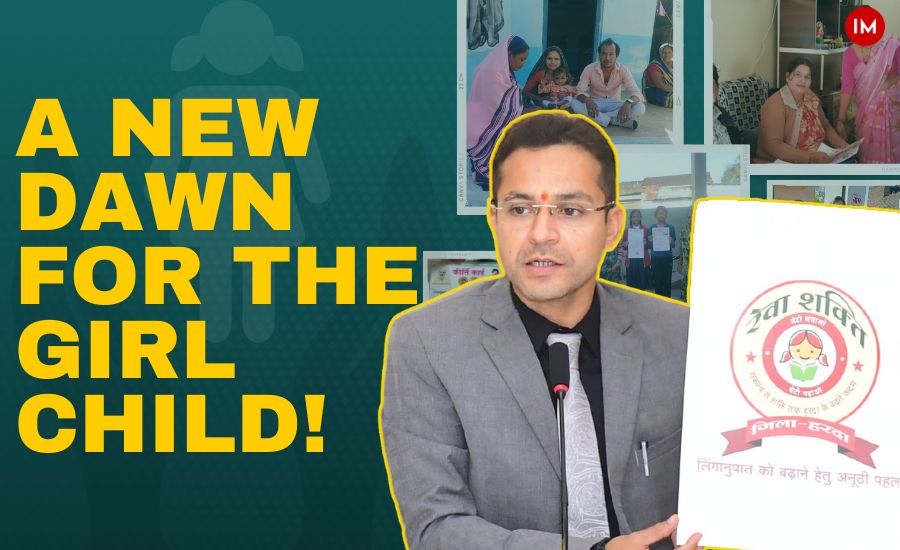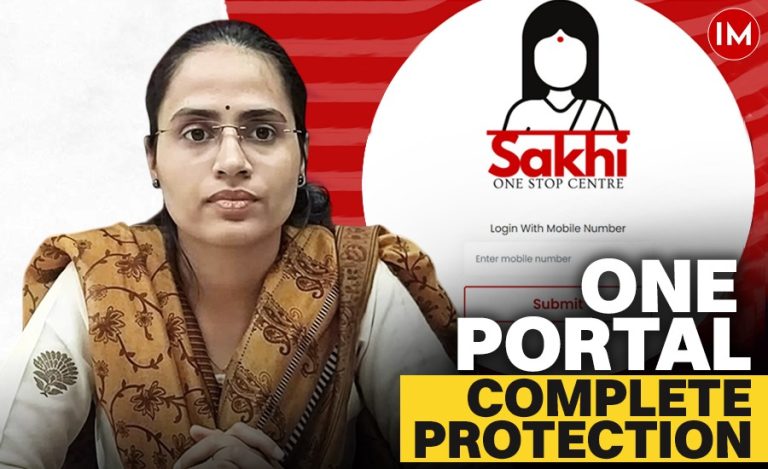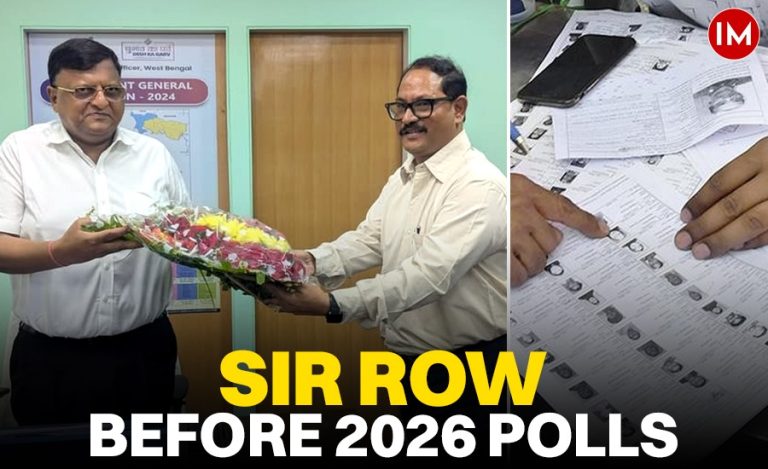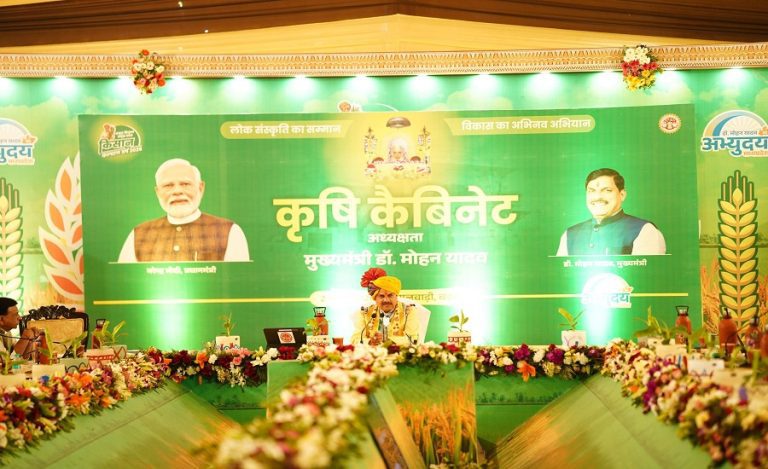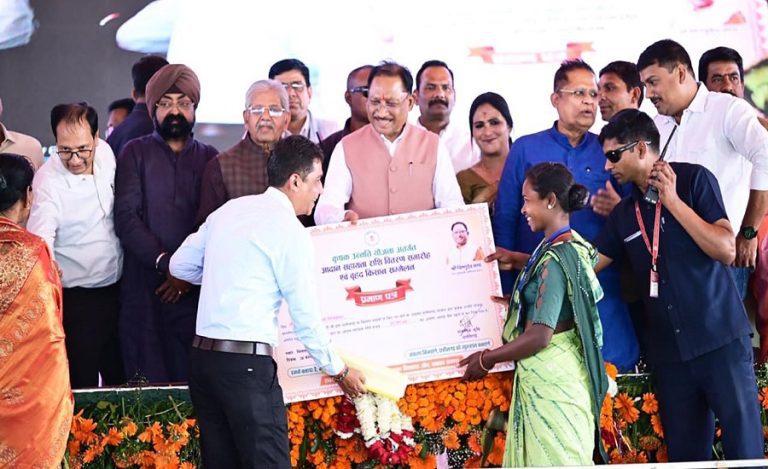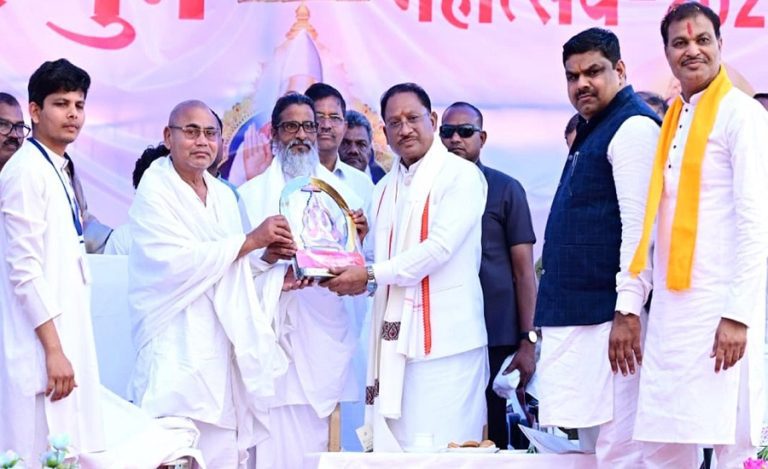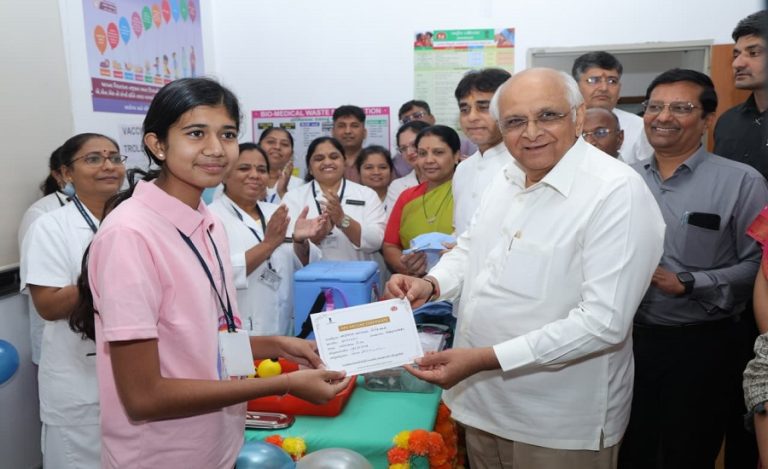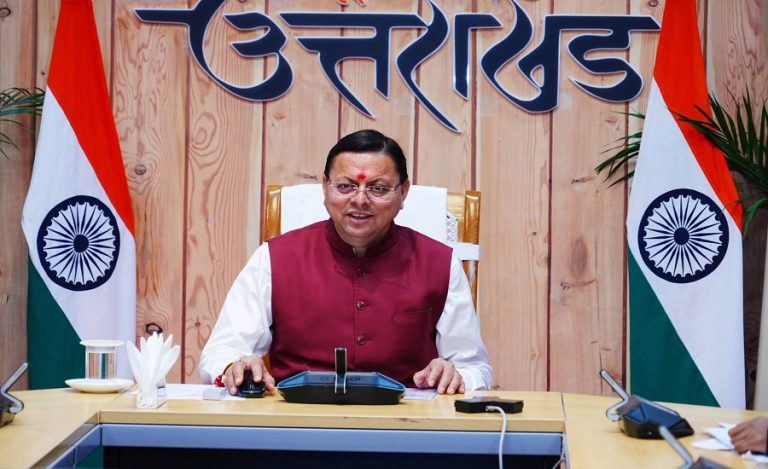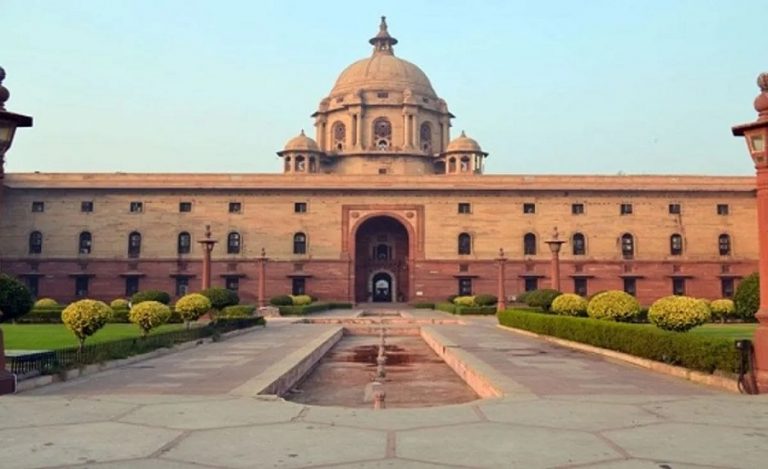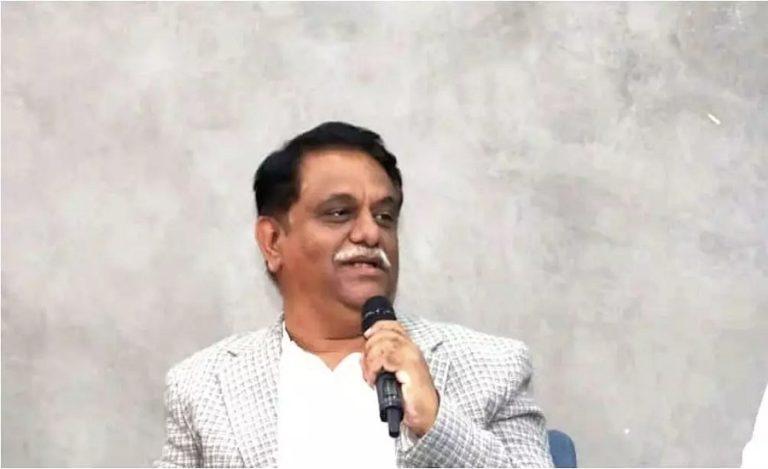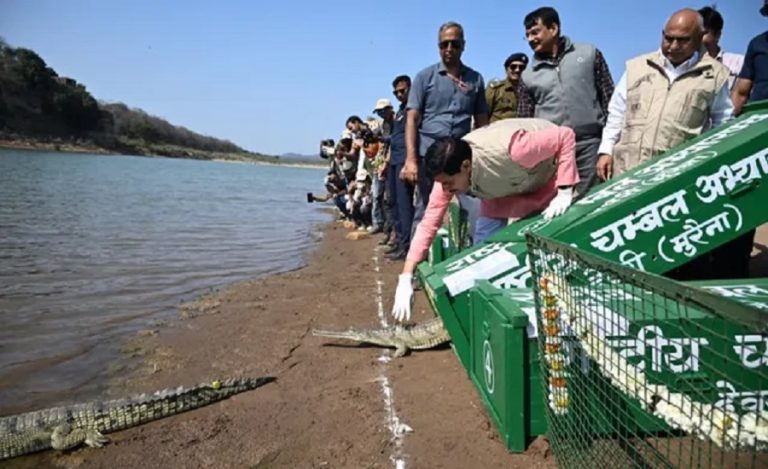For centuries, the birth of a girl child in many families has been met with mixed emotions—celebration for some, but apprehension and concern for others. Despite the progress society has made, deep-seated biases still exist, often making parents of daughters feel they must prove their worth. Imagine a mother who prays for her daughter’s bright future, a father who worries about the challenges she might face, or a young girl who grows up wondering why she is sometimes treated differently.
In Harda, Madhya Pradesh, despite the region’s economic prosperity, the sex ratio remained alarmingly low at 894 girls per 1,000 boys. This stark reality led IAS officer Aditya Singh (2014 batch, Madhya Pradesh Cadre), the District Collector of Harda, Madhya Pradesh, to take action. Determined to shift mindsets and foster a sense of pride in families raising daughters, he introduced the Reva Shakti Initiative and the Keerti Card, aiming to celebrate girl children and change societal attitudes.

IDENTIFYING THE PROBLEM
“Despite having all the resources, if the sex ratio is not normal, there has to be a deeper reason,” IAS Aditya Singh told Indian Masterminds. Harda, a prosperous agricultural region, lacked economic disadvantages that might have contributed to gender imbalance. However, societal mindsets remained a significant barrier. The initiative was designed to instill a sense of pride in parents of girl children by offering tangible privileges and recognition.
The initiative was named Reva Shakti after the sacred Narmada River, which flows through Harda. This symbolic association highlights strength, prosperity, and the nurturing essence of both nature and womanhood.
THE KEERTI CARD
To reinforce positive change, the administration introduced the Keerti Card, which translates to ‘achievement’—a deliberate attempt to counter the outdated notion that daughters are liabilities. The Keerti Card grants exclusive benefits to families with only girl children, including:
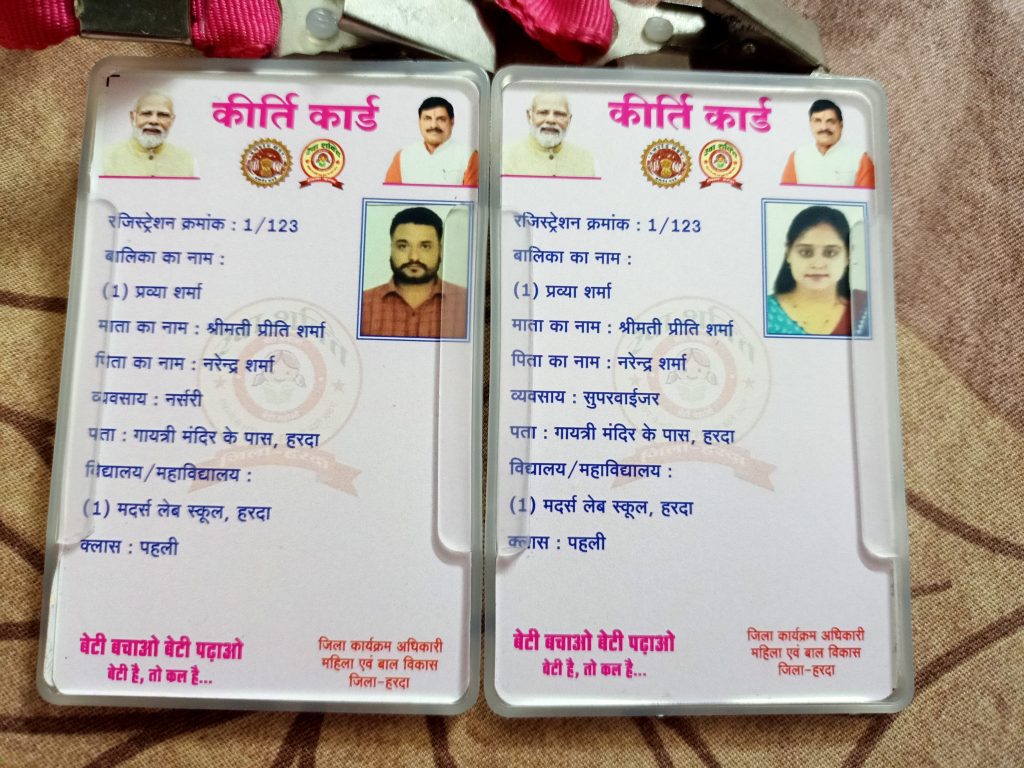
- Priority access to government services: Families can bypass queues at government offices, including those of the Collector and Superintendent of Police, ensuring swift redressal of their concerns.
- Dedicated Keerti Corners in government offices: These special desks allow families to submit applications online or offline, with guaranteed doorstep service delivery.
- Healthcare benefits: In hospitals, Keerti Card holders receive priority in OPD services, ensuring timely medical attention without disadvantaging others.
COMMUNITY-DRIVEN CHANGE
Recognising that sustainable social change requires broader involvement beyond government programs, Mr. Singh ensured private sector participation in Reva Shakti. Over 150 private institutions have already joined, with another 50 expected to enroll soon. Businesses, hotels, restaurants, and educational institutions have stepped up to offer discounts and special privileges for families raising daughters.
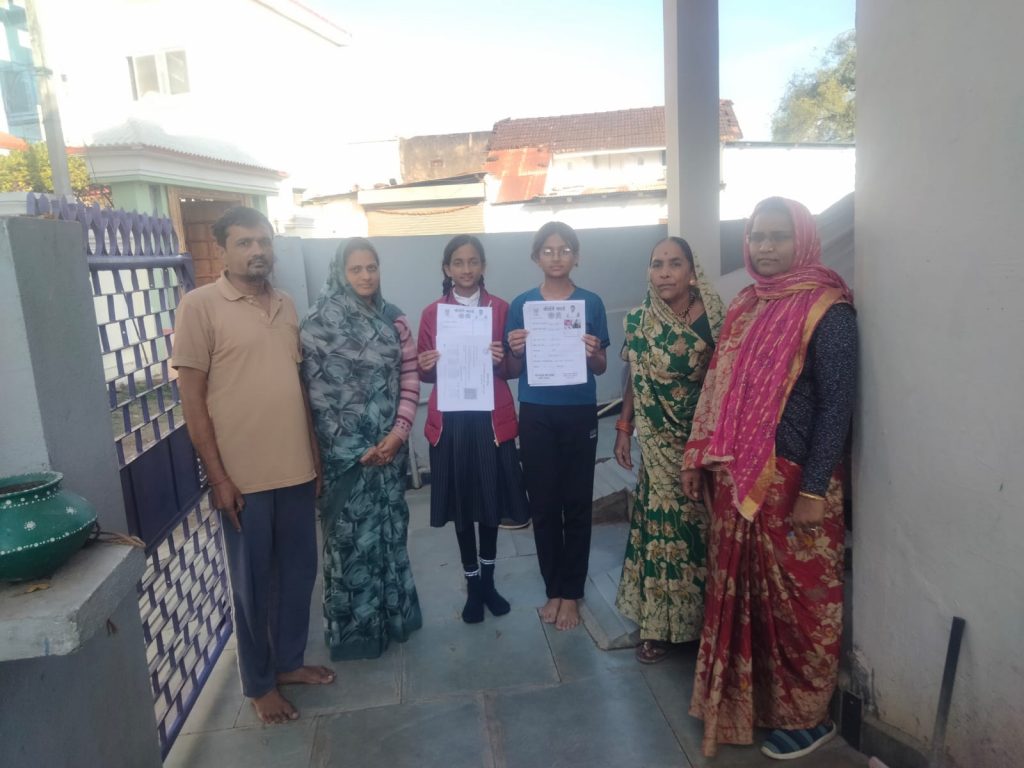
Key collaborations include:
- Hotels and restaurants: Providing discounts to Keerti Card holders.
- Transport associations: Offering 25% fare reductions on buses.
- Educational institutions: Schools and coaching centres, including reputed institutions in Bhopal, have pledged free coaching for girls.
- Tourism incentives: Even hoteliers from Pachmarhi, a nearby hill station, have volunteered to support the initiative.
“The government alone cannot bring about social transformation. This has to be a citizen-driven movement, and the response so far has been overwhelming,” Mr. Singh remarked.
THE DAUGHTERS CLUB
A significant component of Reva Shakti is the Daughters Club, which includes all parents with girl children—whether they have only daughters or both sons and daughters. The club celebrates the achievements of girls twice a month, providing a platform to highlight their successes in academics, sports, arts, and other fields.
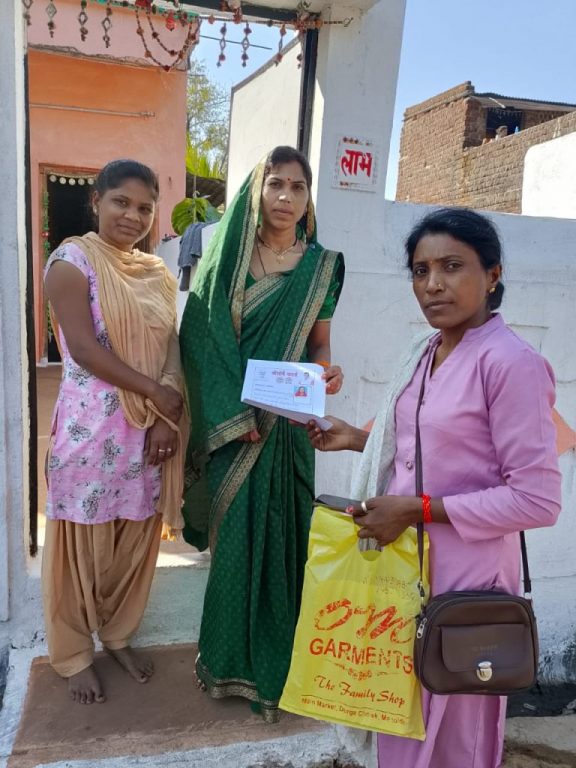
“We want to create an environment where parents feel proud of having daughters. The Daughters Club ensures continuous engagement and recognition for their accomplishments,” Mr. Singh emphasised.
FUTURE GOALS
Unlike many social initiatives, Reva Shakti has faced minimal resistance due to its positive messaging and inclusive approach. However, the biggest challenge remains converting social change into long-term results. The administration is focused on ensuring that the program remains impactful beyond its initial launch.
To sustain momentum, the administration has introduced the Reva Mitra initiative, honouring individuals and organisations that actively support the movement. On January 26, those who contributed significantly were felicitated, reinforcing the idea that social change is a collective responsibility.
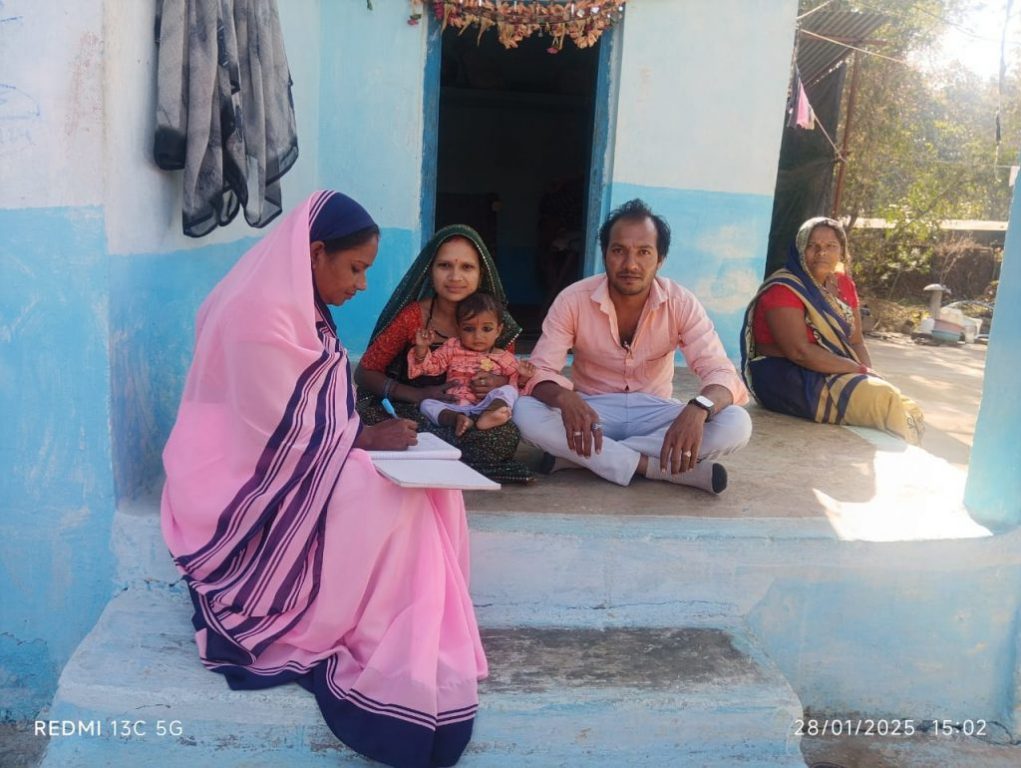
The formal launch of Reva Shakti took place on January 24, National Girl Child Day, following a month of groundwork. The initiative was met with enthusiasm, as more families and institutions voluntarily joined the cause. The administration aims to expand the program further, encouraging more businesses, schools, and transport services to participate.
A CALL FOR CHANGE
“This initiative is not just about policies and benefits; it’s about changing mindsets,” said Mr. Singh. “We want to create a society where having a daughter is seen as an achievement, not an obligation. We appeal to everyone to contribute in any way possible—be it through policy suggestions, financial support, or simply spreading awareness.”
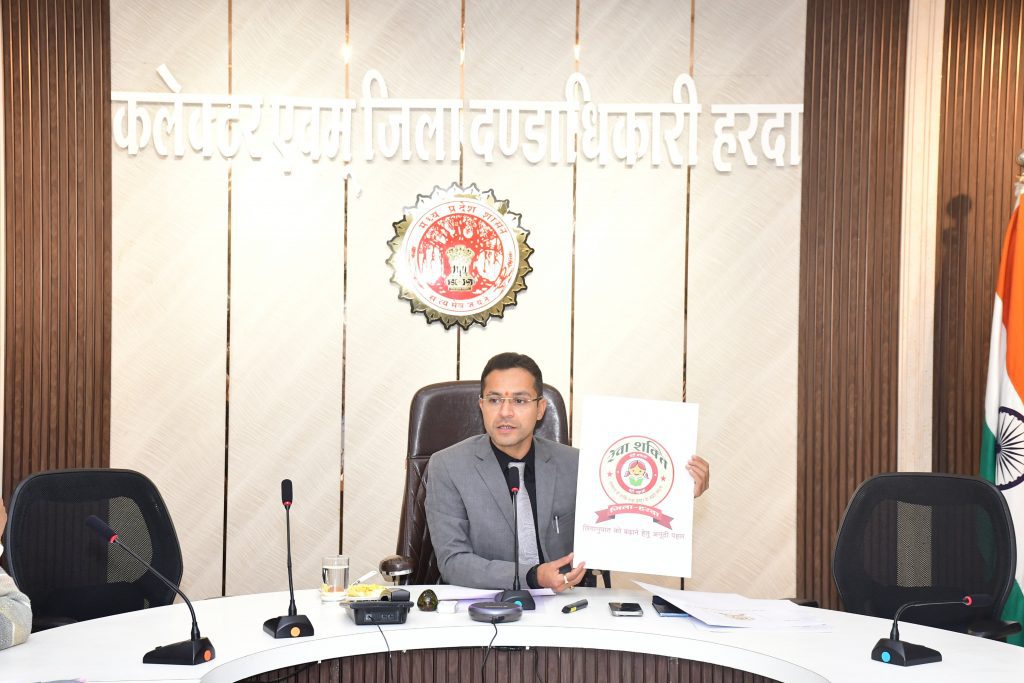
With its innovative approach, strong community backing, and commitment to long-term impact, the Reva Shakti Initiative is poised to reshape societal attitudes toward the girl child in Harda, setting a powerful example for other districts to follow.

